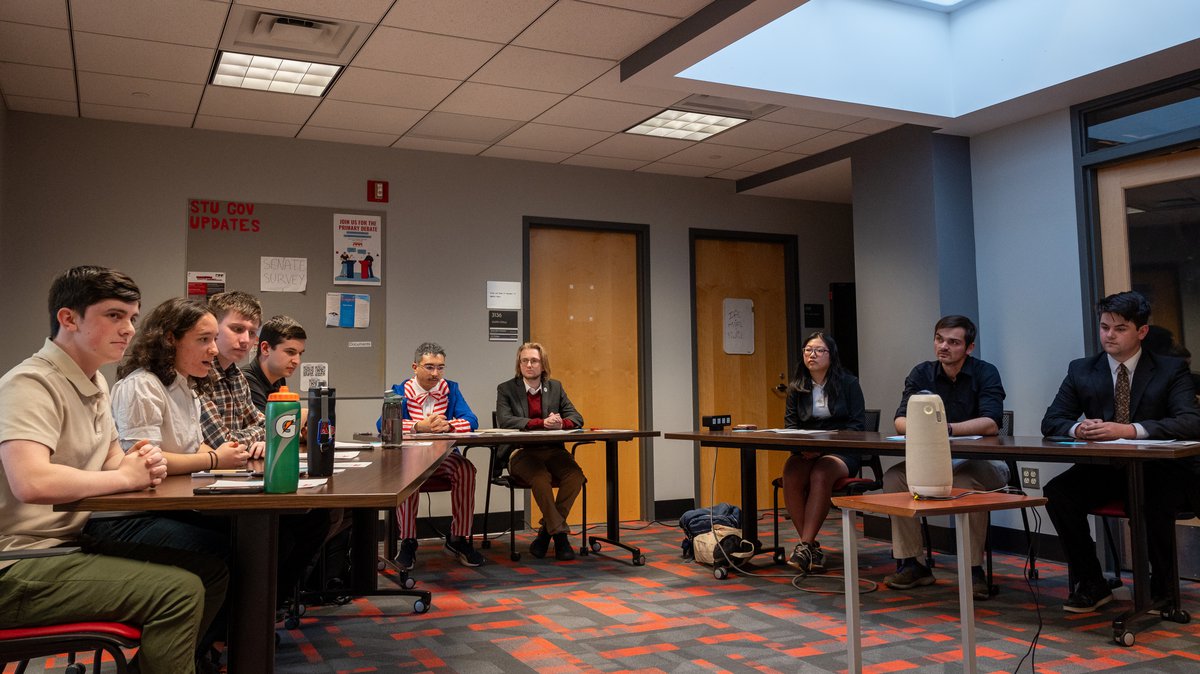RPI facing anti-discrimination lawsuit from transgender track athlete
Rochester Institute of Technology student, runner, and transgender woman Sadie Schreiner has filed a lawsuit against RPI for discrimination following their decision to bar her from entry into the “Under the Lights” meet this past April. The lawsuit states that RPI violated New York state’s laws prohibiting discrimination based on gender-identity, which includes the status of being transgender.
In February, following Executive Order 14201, the NCAA amended their participation policy to exclude student athletes assigned male at birth from competing in women’s athletic events. While the organization prohibits competition in official events, it does not limit student athlete participation. Additionally, the NCAA rules do not have the authority to supersede local and state legislation.
Schreiner registered to participate in the meet as an unattached entrant, meaning that she would not compete as part of RIT’s team and would have no impact on the finish order for the races she was in. Unattached competitors are common in NCAA track and field events, and are often athletes who are ineligible to compete for various reasons, such as alumni or high school students. The “Under the Lights” meets had 23 unattached entrants, including top scorer in the women’s hammer throw Meghan Serdock, who graduated from SUNY Oneota back in 2017 and is therefore also not eligible under NCAA rules.
Cody Smith ’25, a member of RPI’s track team that has since graduated, engaged with RPI Athletic Director Kristie Bowers and Assistant Athletic Director Katie Paradise in an effort to reinstate Sadie as a participant.
According to Smith, RPI coaches before the meet were directed by RPI Athletics to report all unattached entrants to be screened beforehand for “compliance” with RPI’s policies. When asked for a reason for this, Bowers cited a need to avoid a situation similar to one that occurred at the Boston University Valentine Invitational that February, in which Schreiner registered with RIT’s women’s team but was barred from competing at the last-second. The methods that RPI employed to determine compliance were not made clear, as Schreiner was never asked to provide proof of birth sex after registration.
At the time, RPI Athletics refused to release a statement to the public concerning their decision to prohibit Sadie from participating. In correspondence with Schreiner, Bowers stated that the decision was made out of fear of the Institute losing NCAA backing and financial support through federal grants, a threat outlined specifically as a consequence of violating the Executive Order. Additionally, Bowers also reached out to Smith before he was scheduled to speak to Times Union regarding Schreiner, attempting to dissuade him from showing support for Sadie. He stated that “during the phone call, she urged me to think about ‘what happens to the 650 (presumably RPI student-athletes) that will be disqualified if Sadie is allowed to run.’”
Schreiner’s lawyer Susie Cirilli said in a statement, “We stand by the allegations in the complaint. RPI chose to disregard state law. RPI discriminated against Sadie citing the Executive Order and their fear of the Department of Education.”
RPI refused comment citing pending litigation. Bowers, Paradise, and the Institute’s General Counsel Craig Cook also refused to comment.
Schreiner has also filed similar lawsuits against Princeton University and SUNY Geneseo. Before Executive Order 14201, the NCAA had permitted transgender athletes to compete in women’s athletics following two years of hormone replacement therapy since 2009.

 GM Week 2025
GM Week 2025